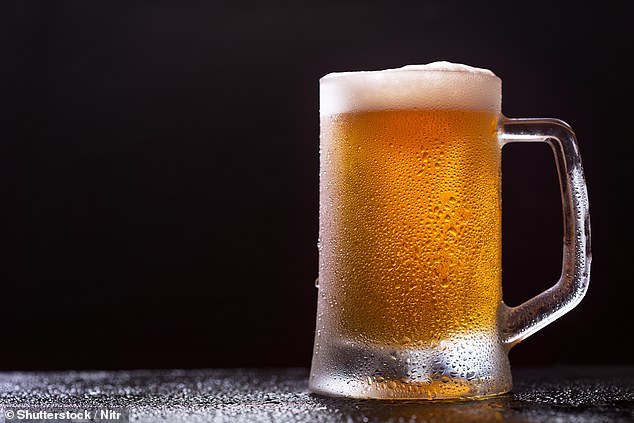
Whitehall chief 'told ministers to panic buy lager after CO2 crisis summit'
Meanwhile, can recycling CO2 help Saudi Arabia go green? From waste to resource.
"Saudi Arabia is home to the second largest crude oil reserves in the world after Venezuela. And in 2020 – the latest data available from the US Energy Information Administration – it was the second largest oil producer, behind only the United States, with an output that equated to just over 11 million barrels a day, although this figure included crude oil, all other petroleum liquids, and biofuels.
To reduce its carbon footprint further, Saudi Arabia is now investing in carbon capture, utilisation and storage (CCUS) projects that turn carbon dioxide into useful and saleable products.
Carbon in the drinks industry
Strides in CO2 recycling are also starting to be made outside of the energy industry.
As part of a unique partnership, gas manufacturer Gulf Cryo Saudi is capturing and cleaning emissions from the boilers of Saudi drinks company Sibco. The resulting beverage-grade CO2 is then used to carbonate Sibco’s drinks while reducing its carbon footprint at the same time. As much as 96 metric tonnes of CO2 will be recycled this way every single day.
Creating energy efficient polyols
Saudi Aramco, the Kingdom’s national oil company, ... owns a 70 per cent stake in Sabic, the petrochemical company that built one of the world’s largest carbon capture and utilisation plants.
Reusing CO2 to reduce emissions
At the Hawiyah gas plant in eastern Saudi Arabia, Aramco is capturing up to 40 million standard cubic feet of CO2 every day – it’s enough to fill 440 Olympic-sized swimming pools.
Challenges of CCUS projects
For Saudi Arabia, although it started investing in CCUS projects in 2015, the industry is still in relative infancy compared to early adopters such as the US. There’s limited investment, which could change if there’s significant growth in the market for products made from these recycled gases.
During its G20 presidency last year, Saudi Arabia championed its circular carbon economy strategy on the world stage, reiterating the “reduce, reuse, recycle, remove” mantra. King Salman bin Abdulaziz said at the time: “Safeguarding the planet is of critical importance. With the increase in emissions due to economic growth, we must pioneer sustainable, pragmatic, and cost-effective approaches for achieving ambitious climate goals.” (Article and PDF)
----
This original misleading mainstream article, Whitehall chief 'told ministers to panic buy lager after CO2 crisis summit', was referrring to driver shortages.
"Britain’s biggest retailer said a chronic shortage of delivery drivers will make it impossible to move goods to stores during the busy festive season.
The road haulage industry says there is a shortage of more than 90,000 skilled HGV drivers.(Article)
"Despite offering bonuses worth £1,000 since the summer, Tesco – which is the UK’s largest supermarket – is still facing a shortfall of 800 drivers, ... adding that the company had struggled to hire more drivers than it had lost to rival firms in recent months." (Link and PDF)
The question is why did it lose its drivers to rival firms?
_____
See also:




Make A Comment
Comments (0)